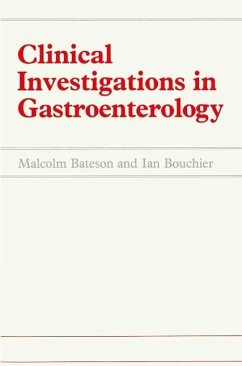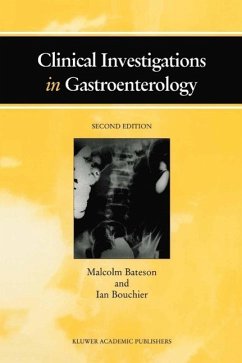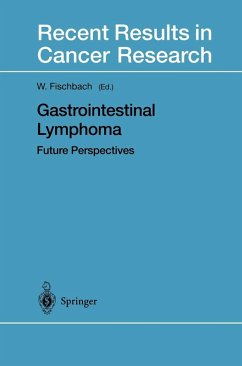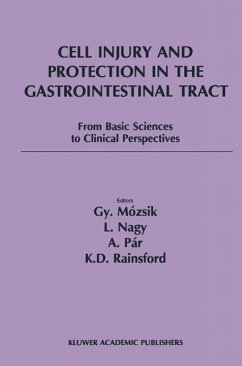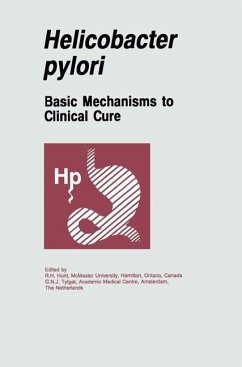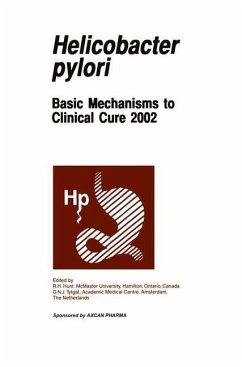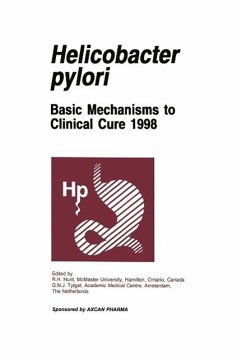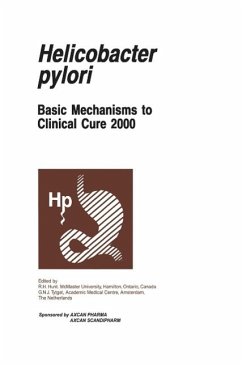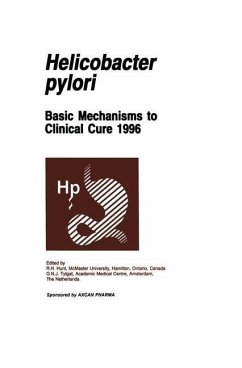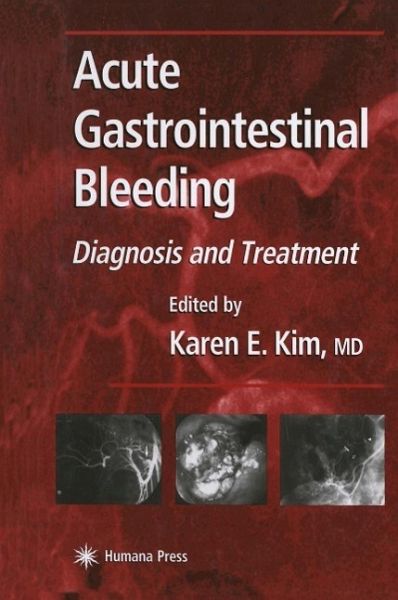
Acute Gastrointestinal Bleeding (eBook, PDF)
Diagnosis and Treatment
Redaktion: Kim, Karen E.
Versandkostenfrei!
Sofort per Download lieferbar
72,95 €
inkl. MwSt.
Weitere Ausgaben:

PAYBACK Punkte
36 °P sammeln!
Leading experts in the fields of gastroenterology, surgery, and radiology comprehensively review the pathophysiology, diagnosis, management, and treatment of acute bleeding disorders of the GI tract. The authors break down acute bleeding into upper and lower GI tract sources and provide a differential diagnosis for each disease, evidence-based algorithms for clinical practice, treatment modalities for its management, and standards of care. The authors outline the many dilemmas faced by physicians in their approach to their patients, such as localization of the bleeding source (upper vs lower),...
Leading experts in the fields of gastroenterology, surgery, and radiology comprehensively review the pathophysiology, diagnosis, management, and treatment of acute bleeding disorders of the GI tract. The authors break down acute bleeding into upper and lower GI tract sources and provide a differential diagnosis for each disease, evidence-based algorithms for clinical practice, treatment modalities for its management, and standards of care. The authors outline the many dilemmas faced by physicians in their approach to their patients, such as localization of the bleeding source (upper vs lower), the need and timing for emergency endoscopy, and the timing for radiologic intervention and/or surgery.
Dieser Download kann aus rechtlichen Gründen nur mit Rechnungsadresse in A, B, BG, CY, CZ, D, DK, EW, E, FIN, F, GR, HR, H, IRL, I, LT, L, LR, M, NL, PL, P, R, S, SLO, SK ausgeliefert werden.



